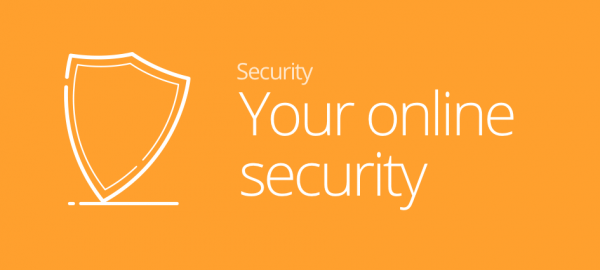If you’ve visited a website and seen that little padlock symbol next to its name in your browser, you’ve already seen SSL in action. A Secure Sockets Layer Certificate allows safe browsing and purchasing for visitors to your site, protecting your clients’ valuable data and privacy.
What is SSL?
SSL certificates work by creating a secure encryption link between the webserver and the browser. Without this crucial encryption, hackers can intercept this information: information which can include anything from financial transaction details to personal data entered into an online form. Known as “man-in-the-middle” cyber attacks, criminals can target a website’s server and deploy software that then captures any information being entered by website users.
With an SSL, this interception of precious data is prevented and visitors to your website can be reassured that they are safe. Now, when a customer visits your website, as their browser connects to the webserver it scans the certificate and instantly creates a totally secure connection, where the information that your customer shares stay known only to them and your website.
An SSL Certificate reassures your clients that their privacy and security is important to you and builds trust right from the start. Your address will show as HTTPS (rather than the standard HTTP), indicating that there is a security layer in place, and depending on your choice of certificate, a small padlock and other business information may be displayed.
With cybercriminals known to target smaller businesses, it’s a crucial defence (liquidweb.com cites that 58% of cyber attacks were on smaller enterprises, with 60% of these going on to fail as a direct result.) Furthermore, having a secure website can help to improve your website’s ranking in major search engines, such as Google and can help you to target your marketing strategy.
What kinds of certificates are available?
There are different types of SSL certificates, but by identifying your website’s needs, it should be a straightforward choice.
The Organisation Validated certificates (OV SSL ) is used to prove the business’ validity and shows the website information in the address bar along with a green padlock, enabling users to clearly tell it apart from any fraudulent sites. It also ensures that any information entered by clients is kept secure. In order to get an OV SSL certificate, the website owner must show the Certification Authority that they have the right to the site’s domain name. This kind of SSL certificate is an absolute must for any website that deals with the general public.
Similar to the OV SSL, an Extended Validation certificate (EV SSL) also protects client data and is the most secure type of SSL. Therefore considered as the best certificate, with this kind of SSL, a black padlock and the country of the business are displayed, in addition to its name. If your website gathers personal data or requires its users to verify their identity through logging in or make payments, an EV SSL is crucial.
Whilst OV and EV SSL certificates are the most expensive options, if your website just comprises a simple display of information, such as a blog, you may wish to opt for a Domain Validated certificate (DV SSL.) One of the most affordable types of certificate, DV SSL will enable you to display a green padlock and HTTPS for your users’ peace of mind, but as it offers a reduced level of security with less sophisticated levels of encryption, it’s not a wise option for sites that require any transfer of data.
If you need protection for more than one domain name, it can work out cheaper to get a Wildcard or United Communications (UC SSL) certificate. There are differences between these options: a Wildcard SSL allows you to use the same certificate for any subdomains of your website, whereas a UC SSL (sometimes called a Multi-domain certificate) accepts multiple domain names to be registered to the certificate.
Once you’ve determined which kind of certificate is right for you, it’s simple to set it up. Support is widely available via web hosts, or you can install it yourself directly from a Certificate Authority (CA), although this means you must be able to configure your server accordingly. One ongoing consideration is the expiry date of the certificate, which you must be mindful of in order to keep your protection intact.
It’s clear that in our digitised world, SSL is an essential addition to any website, offering security and reassurance to you and your customers alike. With the different options available, you will be sure to find the right protection for your website.
